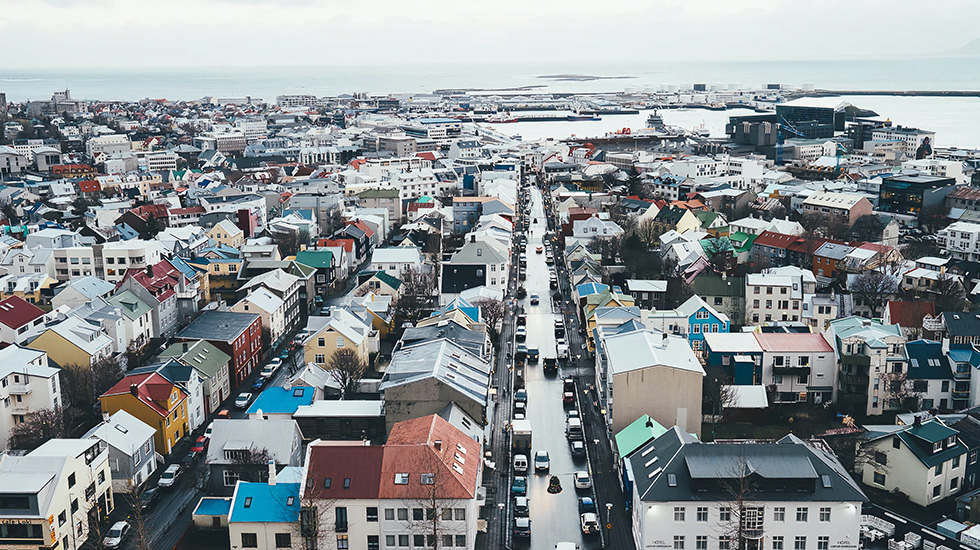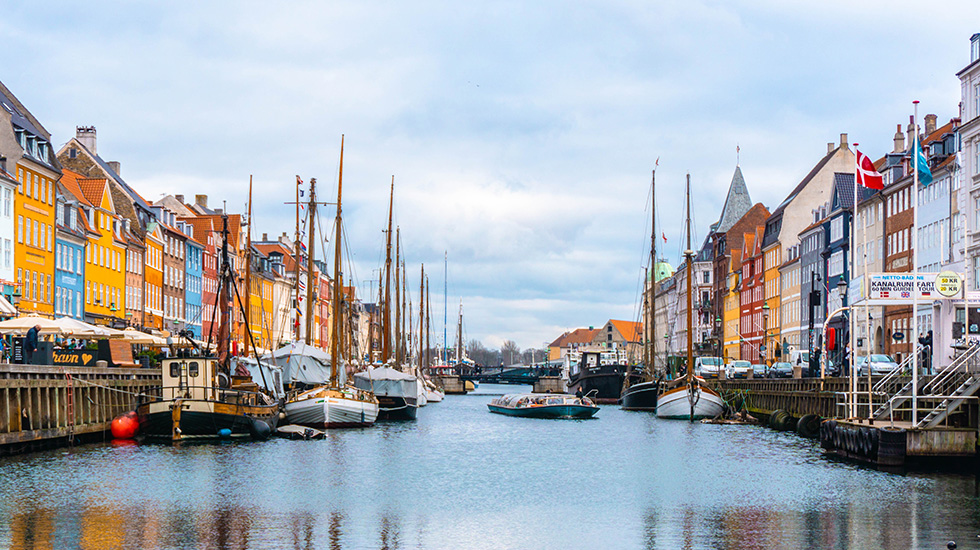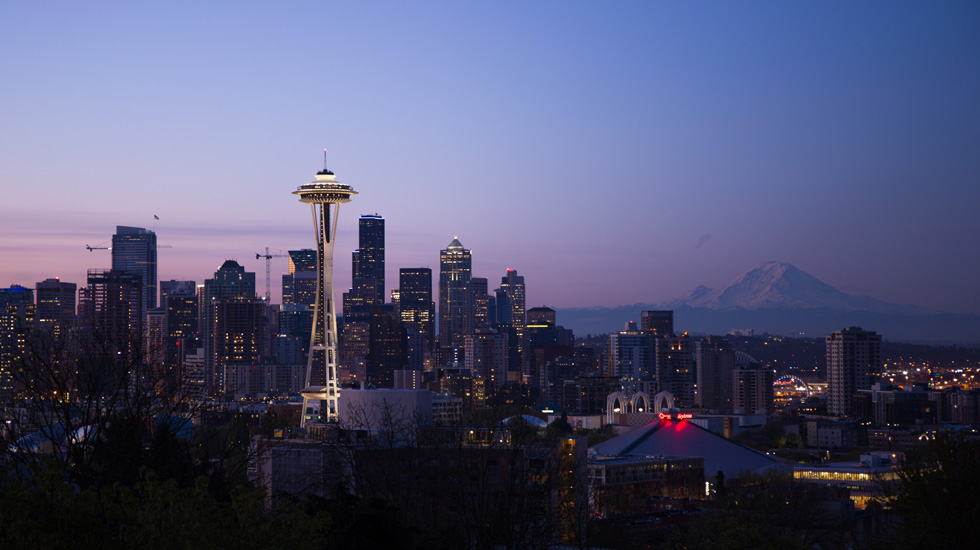The Wellness Travel Report
The coronavirus pandemic has changed the way we live, work and travel, with remote working becoming a standard practice for many – and for most this has been a welcome change.
In fact, up to 58% of employees surveyed have reported that they would like a fully remote role in the future, with 39% preferring a hybrid working model.
There are many benefits to this trend of remote working such as more free time, avoiding busy commutes, and having a flexible schedule. All these factors are allowing more people to work remotely and travel abroad at the same time.
The pandemic has also changed the way we look after ourselves, highlighting the importance of personal wellbeing and acts of self-care.
Combining work and travel is a fantastic way to make the most of remote working and prioritize your mental and physical health at the same time.
That’s why we’ve created an index of the best destinations for those looking to travel and focus on their wellness alongside a remote working schedule in 2024. We’ve even got advice for travelers on how you can switch off, relax and make the most of your trip.
Here are our findings:
- The world's best destinations for a wellness workcation
- The best European destinations for a wellness workcation
- The best US destinations for a wellness workcation
- How to look after your wellness on a remote working vacation
- A traveler’s guide to jet lag
- Our final tips
- Ranking methodology & sources
The world’s best destinations for a wellness workcation
From the scenic streets of Copenhagen to the vibrant city of Reykjavik, these cities are the top 25 locations from across the world for a remote working vacation in 2024.
Whether it’s the low noise and light pollution or the high temperatures, these destinations are the perfect place to work hard and then unwind with the locals.




